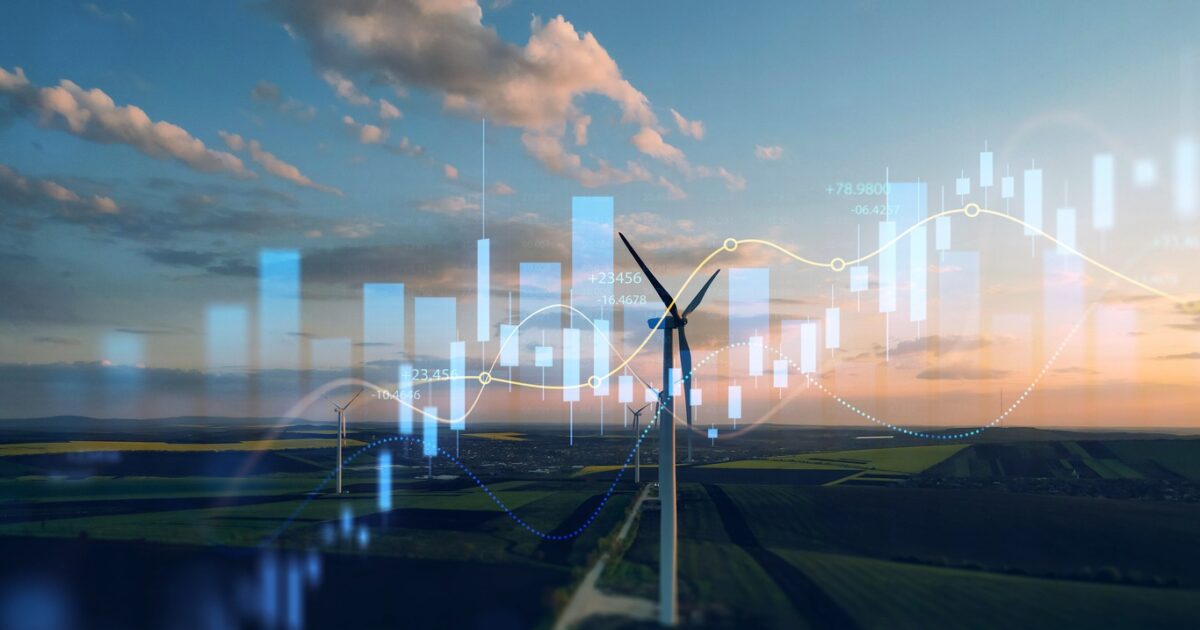At the summit -for the future of energy– organized today (24.4.2025) by the British Government and the International Energy Organization (IEA) in London, the Deputy Minister of Energy, Nikos Tsafias he announced by posting on LinkedIn.
Mr Tsafos, in view of the meeting, highlighted the 5 main challenges that Greece faces. The first concerns The cost of energy and the cost of the transition. “We will only succeed if the energy and transition are accessible to our citizens and businesses. But this can only happen if we are prudent administrators of scarce capital. Governments need to make smart bets on new technologies. We need to find business and regulatory models that achieve the right balance between risk and reward for the state and the private industry. And we must do this while accelerating the transition. This is the number 1 challenge I see, “the deputy minister said.
Second comes Security in the electricity market. “Electricity systems change quickly – within a year, a country’s fuel mixture can change abruptly. Electricity markets are also incredibly complex, especially in the EU, where cross -border trade plays a decisive role. They are also extremely volatile – you can go from cuts to three -digit prices within a few hours, ”says Tsafos. And the scenery is a market design that increasingly seems not to be synchronized with the system we build. How does electricity security look like today, in five and fifteen years? “The deputy minister wonders.
Thirdly, industrial durability. “Most countries are both technology producers and consumers. As technology consumers, we want value for our money. As producers, we want fair rules and market access. These goals may often come into conflict. How do we ensure a rapid transition that is costly efficient without undermining the industry and without causing unjustified dependencies? This is another important balance we need to find, ”Nikos Tsafos said.
Fourth, the climate change. “From reducing rainfall and extreme heat to floods and forest fires, we face a new natural reality that threatens lives and livelihoods – and which will require significant resources for restoration after a shock and preventing the next one. Climate change alone will redefine the concept of energy security. “
And finally, the geopolitics. “Our world is changing – not only technologically and economically, but also socially and politically. Governments must develop energy security strategies that are strong in a very wide range of scripts. In a way, this requires a return to the fundamental: emphasis on resources and geography, as well as ideas that have withstood the test of time – differentiation, reserve, security reserves, commercial flexibility, proper markets. And, of course, cooperation – because energy security is best achieved together. “
